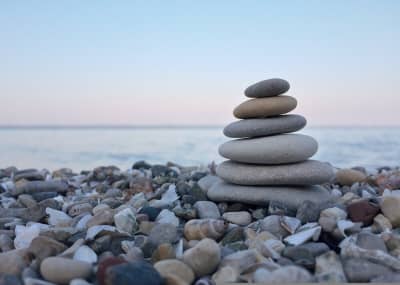Competition and Mental Health
If anybody remembers the 2012 Olympic Games in London I do not know if you lived and breathed them all day long on TV. I think France is possibly worse, you just get keen on an event then ten minutes publicity. Switch channels and you have the pundits, unavoidable. We have Sue Barker multiplied ten times thrusting microphones in the faces of exhausted, triumphant or tearful athletes asking them ‘how they feel’. I gather, from Wimbledon, that the interview is obligatory. I am sure a competitor who has spent four years training then come fourth wants to smash the microphone over the interviewer’s head.
Something I think has changed in sport is the number of people admitting to depression and alcoholism between major events. An Australian tennis player, good, winning championships, said she was giving up before the stress, publicity and expectation destroyed her mental health, despite the possibility of becoming very rich with prize money and sponsorship. The Japanese player, Osaka, said at the US open tennis ‘My heart dies every time I lose’. But for every winner there must be a loser, trite, I know, but true. She has a young child, what sort of a mother who feels a failure will she make?
In 1985 I started a full-time degree. I had taken 5 ‘A’ levels, felt I had the commitment and the ability to succeed. Was I competitive? I think so, I wanted a good degree, and do as well or better than the 20 year olds. In the second year I could not cope, no concentration, no energy, scathing remarks on essays in red ink. Although pretty stubborn, I knew that if I failed, got a Pass, or dropped out my mental health would not cope, and it would reflect on family life. I went to my personal tutor and said I was giving up. He persuaded me to see the student advisor, she sent me to a nutritionalist, I lacked vital minerals, all sorted, got a good degree and on to an MA.
A friend’s daughter was a seriously good skater. From quite young he got up and took her to the rink at 6 a.m, when they opened for serious skaters to practice. Got to the stage of being selected for the national squad, she was nearly sixteen I think, then she broke an ankle. The End. She went thoroughly to pieces, drugs, wild behaviour despite psychiatric help. Eventually she re-trained and is now a very successful PE instructor.
I saw a documentary on Venus Williams. At 13 years old she was paid 3 million dollars by Nike shoes. Emma Raducanu won the US Open tennis, given the MBE and showered with sponsorship. She has won nothing since, plays when she feels like it. The press speaks of the ‘great’ ‘crashing’ out. A friend’s daughter is beginning to play for her school abroad. How long before somebody sees her ‘potential’? When ‘challenged’ in any field, do you go for it, decide the stress is not worth it, or take the consequences?



Comments
You need to be Logged In and a Moodscope Subscriber to Comment and Read Comments